On 26th March 2019 (local time), the Symposium on “Overcoming war legacies: the road to reconciliation and future cooperation between Vietnam and the US” was opened in Washington DC, USA.
The conference was co-held by the National Steering Committee on the Settlement of Post-war Unexploded Ordnance and Toxic Chemical Consequences (Office 701) and the US Institute of Peace (USIP).
 |
Senior Lieutenant General Nguyen Chi Vinh, Member of the Party Central Committee, Permanent Member of the Central Military Commission, Deputy Minister of National Defence, and Head of the Standing Office of the Steering Committee 701 co-chaired the symposium with Ms. Nancy Lindborg, President of the US Institute of Peace.
The conference was also attended by Mr. Ha Kim Ngoc, Vietnamese Ambassador to the US, members of Vietnamese related ministries and sectors; Senior Lieutenant General Nguyen Van Rinh, President and Mr. Nguyen Van Khanh, Vice President of the Vietnam Association for Victims of Agent Orange (VAVA).
The conference also drew the participation of hundreds of US delegates, including its honorable guest, Senator Patrick Leahy, Vice Chairman of US Senate Appropriations Committee, Members of the US Congress, high ranking officials of the US Department of Defense, US Department of State, United States Agency for International Development (USAID), Non-governmental Organizations (NGO), US friends of Vietnam in Washington and, especially, the former Secretary of Defense Chuck Hegel.
Addressing at the conference, Senior Lieutenant General Nguyen Chi Vinh stressed that: Looking back over 30 years of cooperation in settling war consequences in Vietnam, both Vietnam and the U.S can be proud of what we have achieved. Several remains of the U.S soldiers who were missing in action (MIA) have been repatriated. 40 hectares of land in Da Nang airport have been dioxin decontaminated to hand over for the city for socio-economic development which liberated thousands of people from Agent Orange terror. Settling the aftermaths of war is the best way to close the past in the Vietnam - U.S relations. We should turn the barriers in the past of the relations between the two countries into a bright future through the settlement of war legacies in Vietnam.
Also at the conference, Senator Patrick Leahy, Vice Chairman of US Senate Appropriations Committee expressed that Agent Orange matters have been mentioned in all of the dialogues both before and after the normalization of relations between Vietnam and the U.S in 1995. Vietnam has always talked about Agent Orange and its consequences to civilians. At the same time, U.S soldiers who were exposed to Agent Orange in Vietnam and suffered from cancer and various other diseases have called for support from the U.S government. In 1991, the US Department of Veterans Affairs has accepted their requests but it took another 15 years for the U.S to mention this matter in Vietnam.
The conference took place in three panels, namely: “Foundation of U.S -Vietnamese post-war partnership”; “Healing from the destruction of war”; “The road ahead: Building an enduring partnership”.



_thumb_720.jpg)








_thumb_720.jpg)

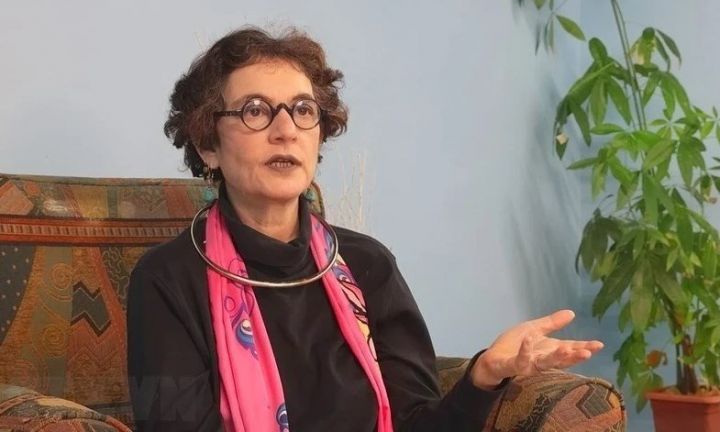









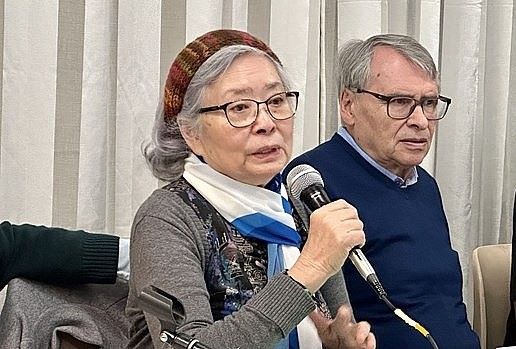
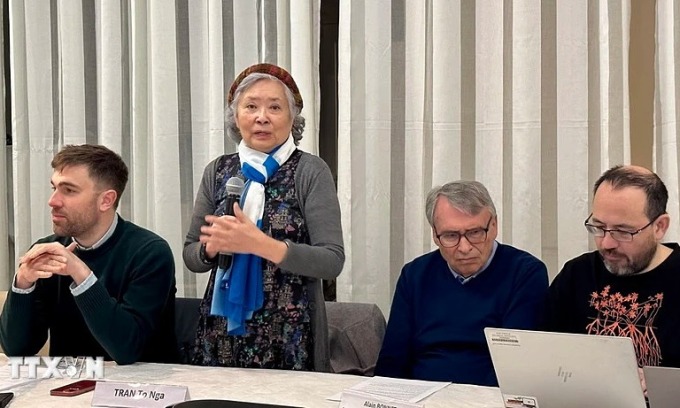

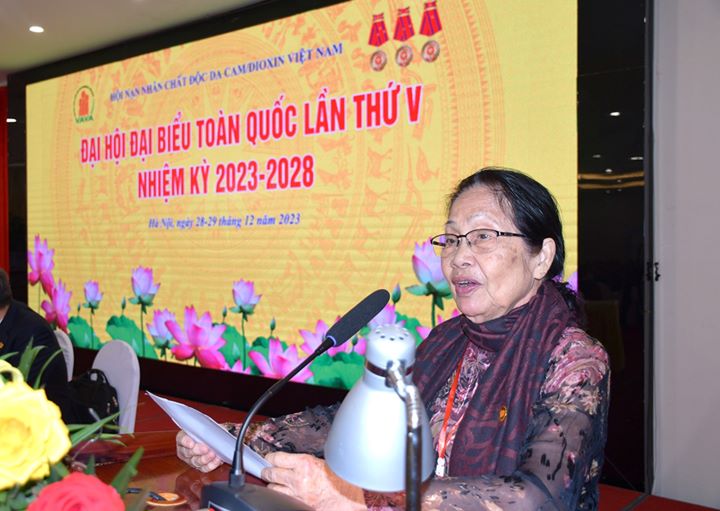



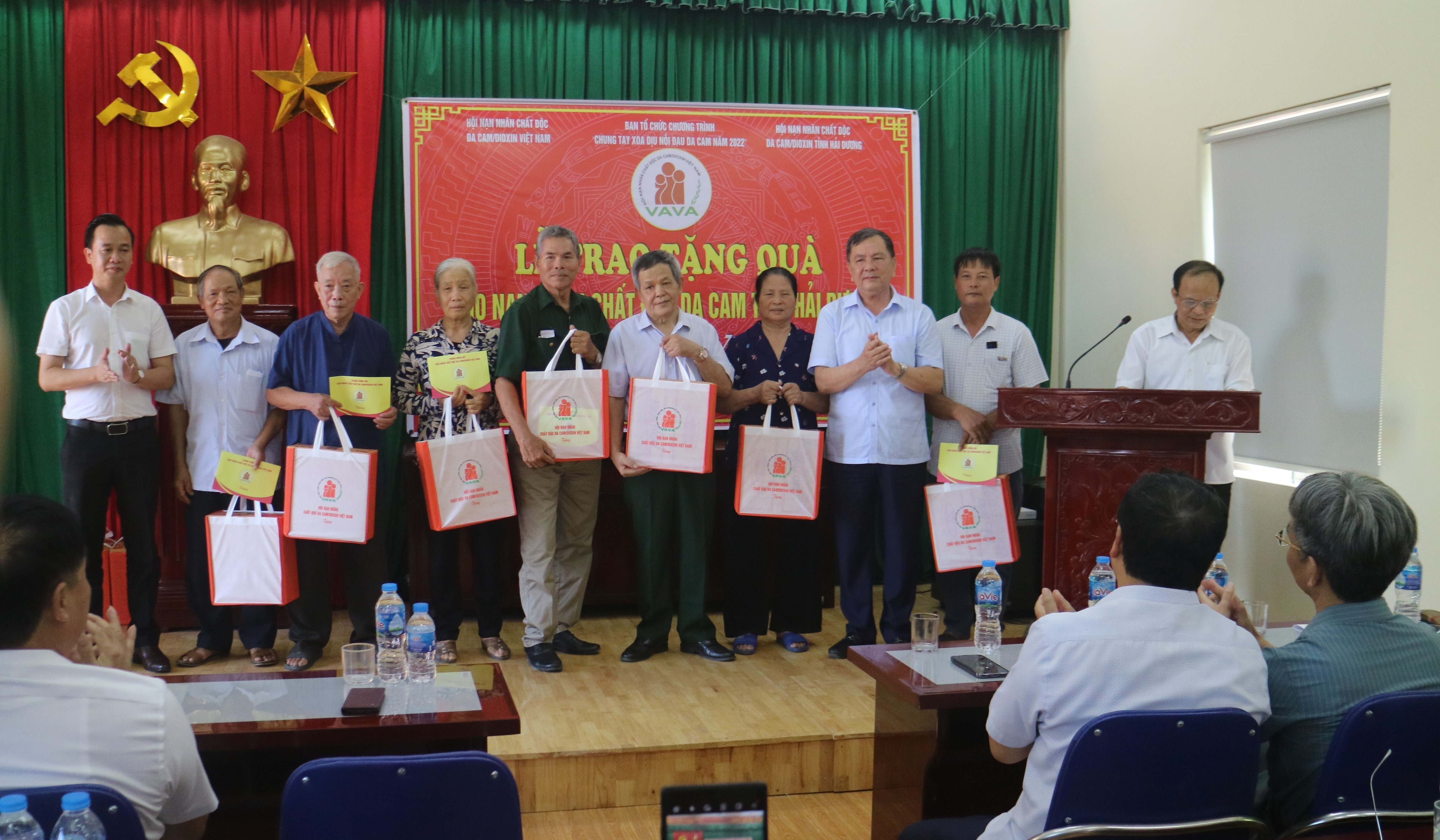
Comment